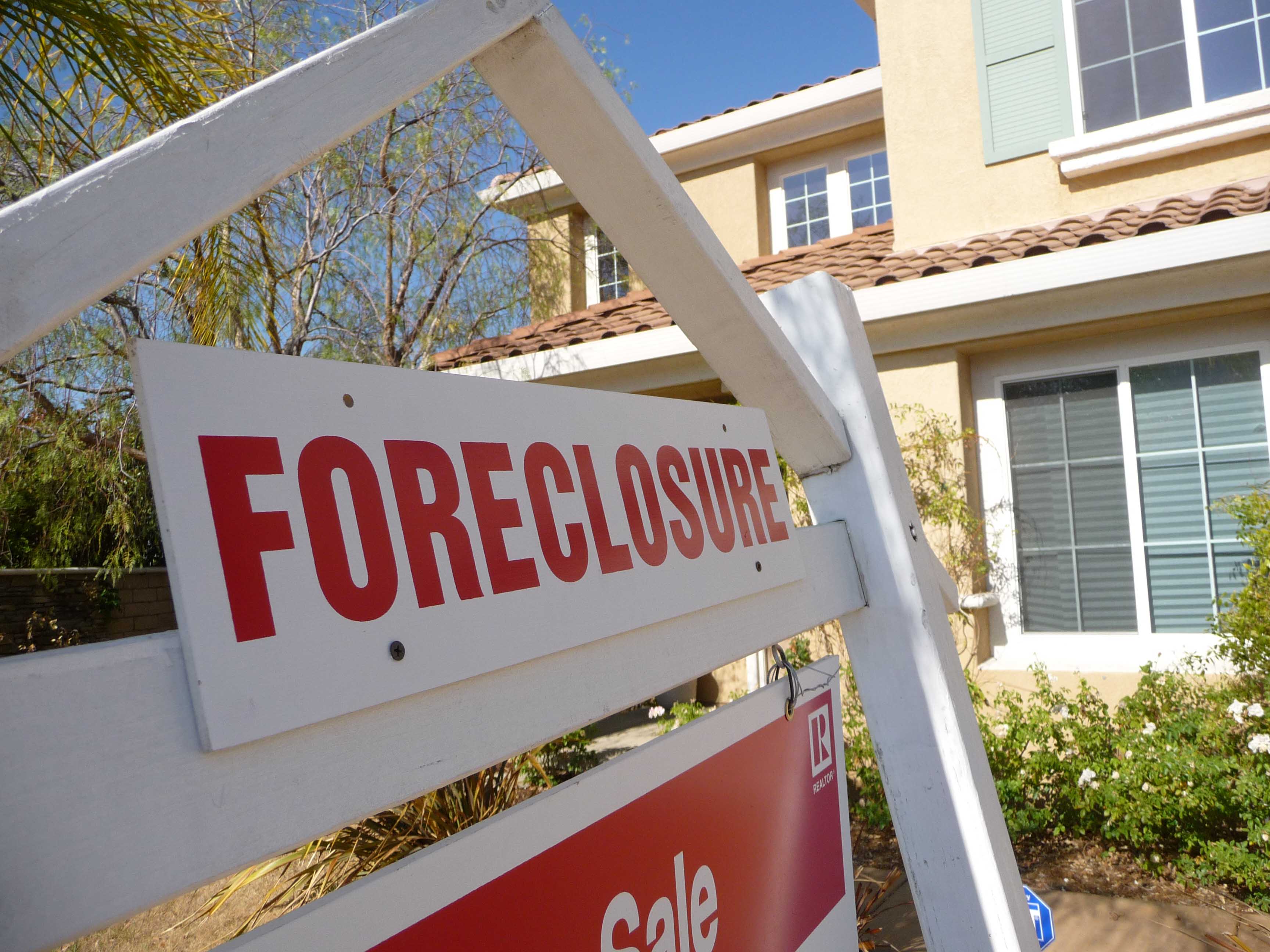CAMBRIDGE, Mass.—From Friday March 28 to Sunday March 30, Project No One Leaves and the Harvard Legal Aid Bureau hosted their fourth Foreclosure Response Conference. This year’s conference theme was “The Foreclosure Crisis: New Dilemmas, New Solutions and Next Steps.” Lawyers, students and activists from across the country convened at Harvard Law School to attend a number of panels discussing how they can positively influence the state of the foreclosure crisis.
The last conference happened in 2012. Matt Nickell, co-president at Project No One Leaves and former vice president at the Harvard Legal Aid Bureau, says he hopes this conference grows from the previous three and addresses issues that the foreclosure crisis has created for communities struggling with displacement.
“The focus this year, given that the crisis is now into its sixth year, is trying to think about what damage has already been done and what the road ahead is. So, where is the crisis now? How has foreclosure continued to affect Boston and communities across Massachusetts?” Nickell asked.
Project No One Leaves has a close relationship with City Life/Vida Urbana, an organization in Jamaica Plain that works to canvass tenants and properties that are at risk for foreclosure. The two organizations have created a partnership in order to inform residents of their rights and protect families from being unlawfully evicted.
According to Nickell, the majority of foreclosures today are on mortgages issued by the semi-public firms Fannie Mae and Freddie Mac.
“Freddie Mac and Fannie Mae are large governmental institutions, and in practice they are very similar to the banks. In many ways they are even more aggressive,” he explained.
Many housing advocates allege that large mortgage companies like Fannie Mae and Freddie Mac regularly take advantage of underprivileged communities by coercing residents to invest in properties that they cannot afford.
Zarna Joshi, who works with Seattle’s Standing Against Foreclosure and Eviction (SAFE), an organization modeled after City Life/Vida Urbana, believes that the foreclosure crisis could have been prevented if large corporations and for-profit housing companies put their tenants first and understood that housing is a necessity.
“These people were preyed upon by banks who told them, ‘You can afford this, sure you can,’ and then in the paperwork there is all of this stuff that is completely and utterly fraudulent and illegal, and wrong, and immoral,” said Joshi.
Julie Gelford, a representative from Take Back the Land, said she is skeptical about large institutions and their motives for helping families who have been evicted move back into their homes.
“’Affordable housing’ that costs between $30- and $40,000 per year is ridiculous. So many people cannot afford that, and it is impossible to move an evicted family back into their home if that is the cost.”
In addition to leaving evicted families homeless, the crisis is forcing children to constantly move, which can negatively affect their academic progress. According to Josiah Madar, a research fellow at New York University School of Law’s Furman Center for Real Estate and Urban Policy, students who are relocated multiple times have performance problems in academics, extracurricular activities and sports. This creates a substantial achievement gap between communities of affluent, white homeowners and low-income communities of color that struggle with evictions.
Alan Mallach, a panelist from the Brookings Institution in Washington, D.C., spoke to the level of neighborhood revitalization happening in affluent white communities—a level of revitalization that is not present in communities of color.
“If you look nationally, or at the metro-level housing market, neighborhoods are bouncing back up,” Mallach explained. “But neighborhoods of color … are staying the same or decreasing in home ownership.”
Over 200 people attended the conference. Nickell said he is excited to see people talking about an issue that is far from over.
“This conference started out a couple years ago to let people in other parts of the country see our model for dealing with the crisis, and for us to learn from their experiences in their own communities, too,” Nickell said. “I think today it has become about much more.”

Leave a Reply
You must be logged in to post a comment.